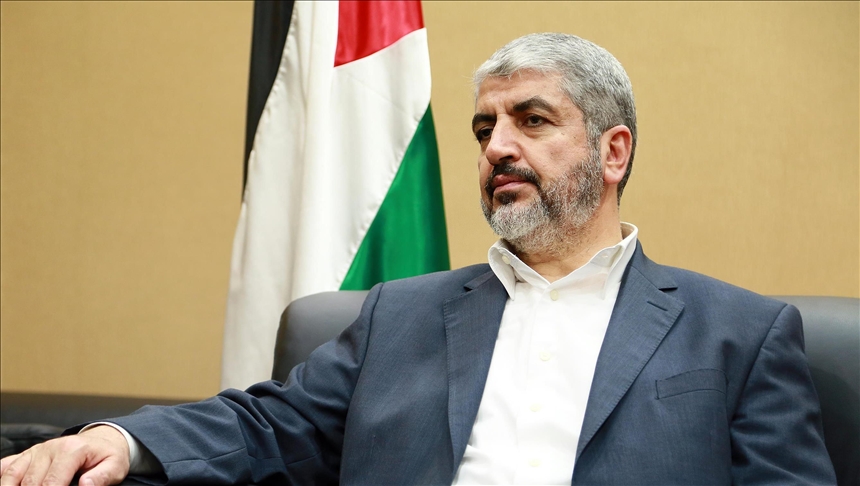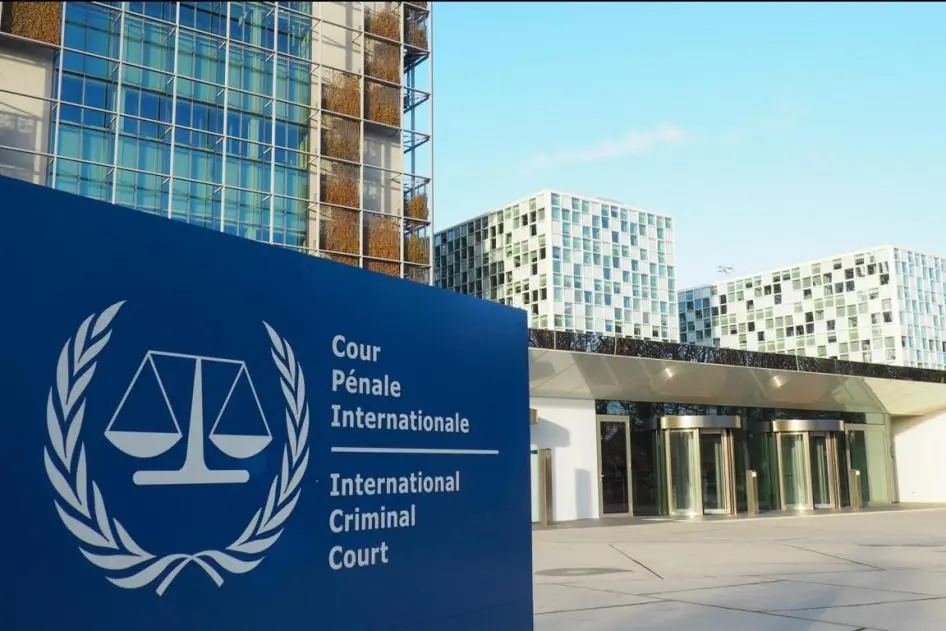“Assassinating Palestinian resistance leaders will not kill the will or resistance to Israel’s occupation. In fact, as we’ve seen in the past, it makes it stronger,” said Palestinian academic Khaled Hroub.
Israel has informed its allies that it is planning to send assassination teams overseas to target Hamas officials in retaliation for the killing of Israelis, according to a report by The Times, a UK newspaper.
Hamas was told about the impending assassinations by intelligence services from numerous countries in the Middle East and Europe.
“Israel was seeking to send a clear message after a year in which it has observed a ceasefire, brokered by Egypt, which ended the latest round of warfare in Gaza in May 2021,” an intelligence source told The Times. The occupation’s government is allegedly getting ready to “up the ante.”
Analysts believe that any action against Palestinian officials at home is unlikely, as this might unleash a repeat barrage of rockets against Israeli cities, which was the catalyst for last year’s war.
Instead, according to the report, the targeted assassinations are more likely to take place abroad, citing Qatar and Lebanon as examples.
“The brazen nature of the Israeli occupation, boasting to the world that it intends to carry out pre-meditated assassinations of senior figures from the Palestinian resistance demonstrates its terrorist nature,” Ezzat Al-Reshiq, a member of the Hamas political bureau told Doha News.
Salah Al-Arouri, the director of covert military networks in the West Bank, and Zaher Jabarin, the network’s financier, might be targeted.
Israel has routinely carried out assassinations against Palestinian resistance figures in the past. Mahmoud Al-Mabhouh, a weapons dealer, was killed in Dubai in 2010, Mohamed Zaouari, a drone specialist, was assassinated in Tunisia in 2016, and Fadi Al-Batsh, a rocket engineer, was killed in Malaysia in 2018.
“Arab and Muslim majority countries must shoulder their responsibility and pressure the zionist regime to prevent it from carrying out further crimes by warning Israel of the severe consequences that it will face,” said Al-Reshiq.
1997 assassination attempt of Khaled Meshaal
In Amman, Jordan’s capital, Israeli Mossad agents attempted to murder Palestinian Hamas leader Khaled Meshaal, on September 25 in 1997.
The assassination attempt pushed Israel-Jordan ties to their lowest point since the 1990-1991 Persian Gulf crisis, and shattered a decades-old secret intelligence connection. King Hussein also publicly threatened to completely end the peace process.
Israel’s intelligence services suffered particularly severe consequences.
Not only was Israel obliged to reveal information regarding what it said was a new assassination technique based on a synthetic opiate called Fentanyl, but the Mossad intelligence agency had been secretly permitted to retain an office in Amman for several years, and was kicked out by Jordan following the failed assassination attempt.
Renown Palestinian academic Khaled Hroub told Doha News that Israel, “although they do not care about international law or any legal repercussions of such potential acts, they have lots of political calculations that they care about if they were to commit such an acts.”
Qatar-Hamas ties
The alliance between Hamas and Qatar dates back to when Israel imposed a siege on Gaza after Hamas won the 2006 elections.
Many nations refused to assist Palestinians at the time, although Qatar, Turkey, Malaysia, and certain Arab and Islamic groups were able to alleviate the consequences of the siege.
The Doha summit, which took place amid Israel’s first assault on Gaza in 2008 and 2009, boosted the relationship.
Hamas leader Khaled Meshaal was invited to the meeting, and he sat among Arab and regional leaders for the first time, including the former Qatari Amir, Sheikh Hamad bin Khalifa Al Thani.
Qatar declared during the meeting that it will pay $250 million to help restore the damage inflicted by Israel’s war crimes. Hamas, at the time, called the meeting “incomplete and ineffective.”
Qatar’s role in the Gaza Strip
“Qatar plays a vital role in Gaza whether its in facilitating aid or in mediating between them and the apartheid state. Israel will not risk losing that relationship because they need Qatar,” Hroub told Doha News.
The Gulf state has been providing humanitarian aid to Gaza’s besieged population of 2.1 million. Due to Israel’s air, land, and sea blockade imposed in 2007, the Palestinian city became known as the world’s largest open-air prison.
Qatar has frequently stated that it will not normalise relations with Israel as long as it continues to occupy Palestine illegally and violate Palestinian human rights.
Last year, Qatar gave Gaza $360 million, which was distributed over the course of 2021. The Gulf state offered $480 million to Palestinians in the West Bank and Gaza in 2019.
Qatar was a key player in Gaza in May 2021, when it cooperated with Egypt to secure a truce following an 11-day Israeli offensive. The Zionist state’s attacks killed at least 260 Palestinians, including 66 children.
“Assassinating Palestinian resistance leaders will not kill the will or resistance to Israel’s occupation. In fact, as we’ve seen in the past, it makes it stronger,” said Hroub.
Doha News contacted Qatar’s Ministry of Foreign Affairs and Government Communications Office for comment and is awaiting a response.







